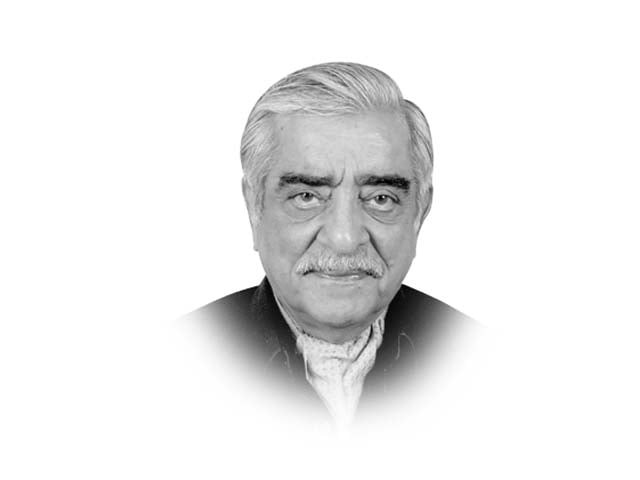What should Pakistan want in Afghanistan
For no other country is the restoration of stability in Afghanistan more important than it is for Pakistan

Some of the points made in the series (remarks in parentheses have been added) were:
Unless there is a considerable injection of foreign assistance, more Afghans, particularly from the South and the East will become economic refugees in Pakistan … It would be in Pakistan’s interest to canvass vigorously for the maintenance of foreign assistance to Afghanistan. Pakistan has to understand that Afghanistan will enter into this agreement (Bilateral Security Agreement). Opposing it will only add another layer of distrust to the Pakistan-Afghanistan relations, particularly when there is no viable alternative on offer. A measure of hostility will be on display from whatever government is in power in Kabul (Durand Line) … The best safeguard against a hostile Afghanistan is, however, to create a measure of economic interdependence. Today, Afghanistan as a landlocked country conducts its foreign trade largely through Pakistan. Pakistan in turn can use Afghanistan for its trade with Central Asia and, more importantly, for bringing fossil fuel from Turkmenistan and Uzbekistan, and electricity from Tajikistan into South Asia.
For no other country is the restoration of stability in Afghanistan more important than it is for Pakistan. Pakistan has been the external sanctuary and conduit of support without which no insurgency has survived in recent times. It has paid a heavy price. While it is for the insurgents to work out solutions with their Afghan partners, they cannot expect indefinite sanctuary. If we support an Afghan-led and Afghan-owned process of reconciliation and if we are part of the solution and not part of the problem, then it is logical for the Afghans to expect us to use our influence with the Taliban to persuade them not only to negotiate, but also to adopt a stance in the negotiations that would lead to peace and stability in Afghanistan.
Who should we talk to? To date we have denied, or at least been ambivalent about, the existence of a Taliban shura on our soil but the fact remains that the Taliban presence in Balochistan — be it in the refugee camps along the border, in Chaman or the Kharotabad and Pashtunabad areas of Quetta — is well-established … These are the people we have to address.
We cannot and must not maintain that we have a right to determine the nature or composition of the government or administrative structure that emerges from the reconciliation process. We may suggest an interest in seeing an ethnically-balanced structure, because all parties are aware that it was the exclusion of the Pashtuns from the Bonn Conference that fuelled the insurgency and the resurrection of the Taliban.
We must counsel the Taliban that demanding more than this would be detrimental to the goal we support — a stable and united Afghanistan at peace with itself and its neighbours. We must convince the Taliban that Pakistan, as it fights extremism within its own borders, would not want al Qaeda to have a safe haven in a reconciled Afghanistan. The situation is complex and our pressure on the Taliban to enter into negotiations with the American-backed Karzai administration and to keep their demands moderate may not be a panacea for Afghanistan’s ills. Poor administration and corruption partly engendered by the security will not disappear overnight.
In the last three years, what has changed? One can say that the new national unity government in Kabul and our resolve to take action against terrorists of all hues and complexion has changed the paradigm.
In the next article, I will offer my views on what the new relationship with Kabul can mean for reconciliation and for Afghanistan-Pakistan relations.
Published in The Express Tribune, December 1st, 2014.
Like Opinion & Editorial on Facebook, follow @ETOpEd on Twitter to receive all updates on all our daily pieces.















COMMENTS
Comments are moderated and generally will be posted if they are on-topic and not abusive.
For more information, please see our Comments FAQ